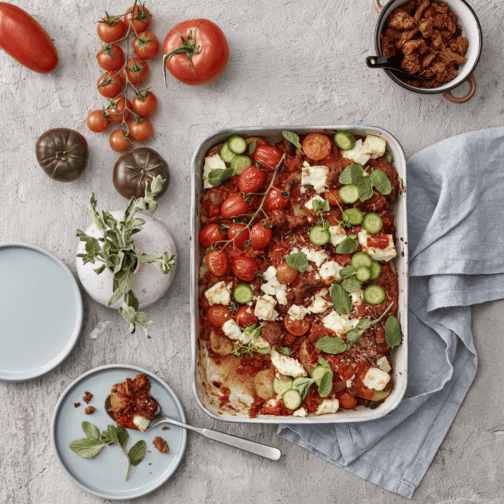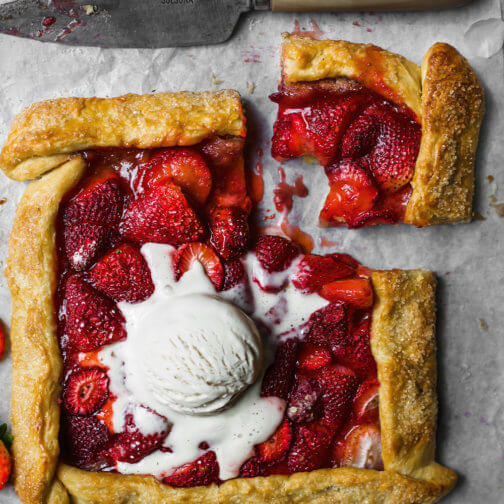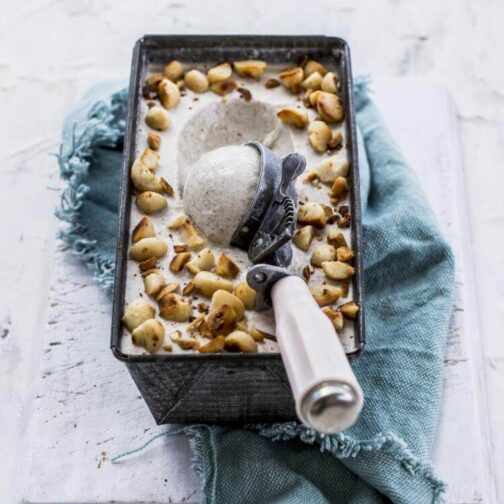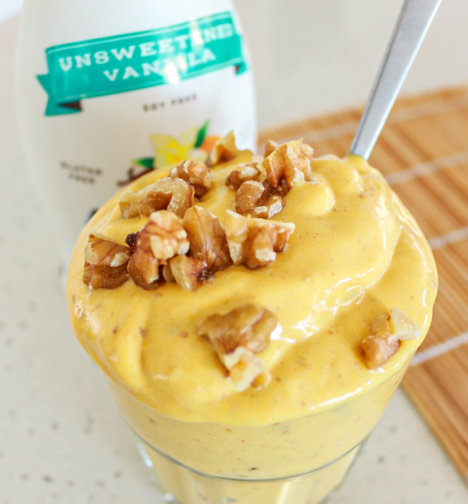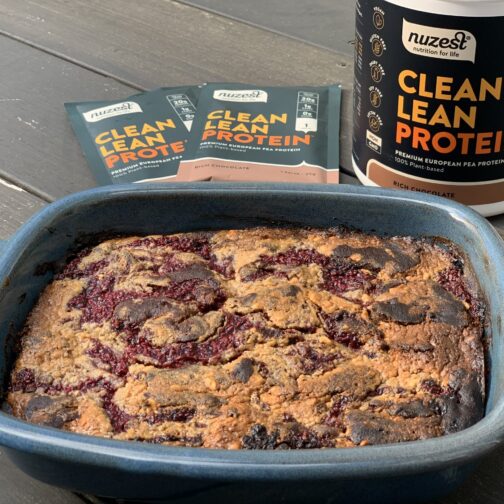
Dr Helena Popovic unpacks the science of snooze and how it can help you beat the munchies and save your waistline.
Are you getting adequate, good quality sleep every night? If not, your snooze pattern could be contributing to weight-related woes. A lack of sleep sets off a number of biological responses in the body that can compromise your healthy eating goals and undermine your motivation:
- When we lack sleep, we produce more cortisol (the stress hormone), which stimulates hunger and drives the body to lay down visceral adipose tissue, i.e. the kind of fat that accumulates around your organs and can cause serious health problems if there’s too much off it.
- We produce less leptin (the satiety hormone made in fat cells), which leads to feeling hungrier and craving high-fat and high-sugar foods throughout the day. It also means we don’t feel as satisfied after we’ve eaten.
- We produce more ghrelin (the appetite-stimulating hormone made in the gastrointestinal tract), which makes us feel hungry all day long. Men produce more ghrelin in response to sleep deprivation than women. Research at the University of Chicago, published in Annals of Internal Medicine 2004, found that male volunteers who slept four hours a night for two consecutive nights had a 28 per cent increase in ghrelin and an 18 per cent reduction in leptin. This translated into feeling 24 per cent more hungry, eating more junk food and not feeling satisfied after meals.
- In contrast, when women are sleep deprived, they make less GLP1 (glucagonlike peptide1), a gut hormone that acts on the brain to induce satiety and reduce the desire for food – therefore, less sleep means greater hunger.
If that wasn’t enough, we also feel sluggish, tend to be more moody and have less energy to exercise – and often that means we feel we need food to prop us up and boost our energy levels. We have measurably less willpower and less self-compassion and we are more vulnerable to emotional eating and less able to eat mindfully. Food actually appears more tempting because, after sleeplessness, the brain’s sensitivity to the pleasure-inducing properties of food is heightened. We are also more likely to want to eat in response to seeing images of food.
Getting enough zzz’s
Everyone is different in their sleep requirements at various stages throughout their lives. Most people need seven to nine hours. Only three per cent of the population have the ‘short sleep gene’ that allows them to get away with under five hours a night. Many people think they can function adequately on less than seven hours but, when they are tested, the results paint a very different picture. Conversely, consistently sleeping more than nine hours a night is also associated with an increased risk of obesity, diabetes, heart disease, cancer and headaches. Scientists are still trying to unravel why this is the case. This does not apply if you are unwell and require extra sleep to recover from an illness.
Snooze foods, and what to avoid
- Avoid caffeine, nicotine and alcohol at least four to six hours before going to bed. Certain food additives, colourings, flavourings and MSG can also act as stimulants and contribute to feeling wired and unable to get to sleep.
- Foods containing tyrosine, tyramine (the breakdown product of tyrosine) and glutamate all increase alertness and can also interfere with sleep. Foods containing these three amino acids are best avoided in the evening.
- Conversely, foods that are high in tryptophan, such as almonds, hazelnuts, bananas, oatmeal, mushrooms and leafy green vegetables are natural sleep promoters. Including one or several of these foods at dinner time may be helpful. Tryptophan is the amino acid from which melatonin is produced. Melatonin is the hormone that induces sleep. Melatonin follows a circadian rhythm and is released in the brain in response to darkness.
Words by Dr Helena Popovic
Lead image: Charles Deluvio on Unsplash



